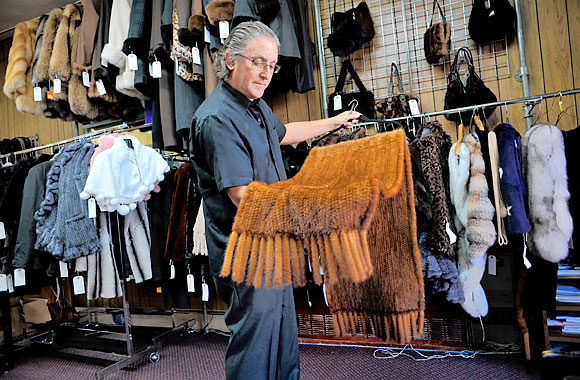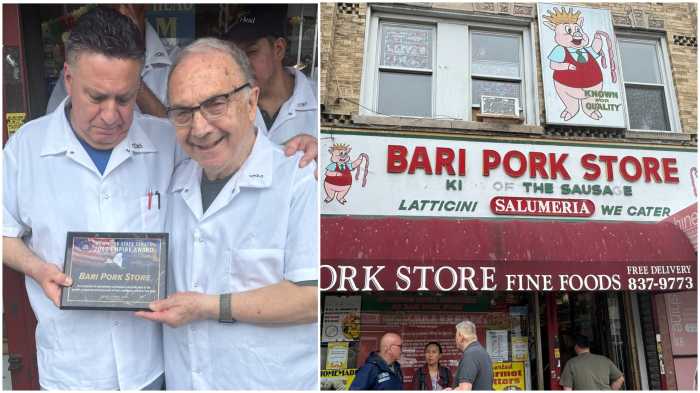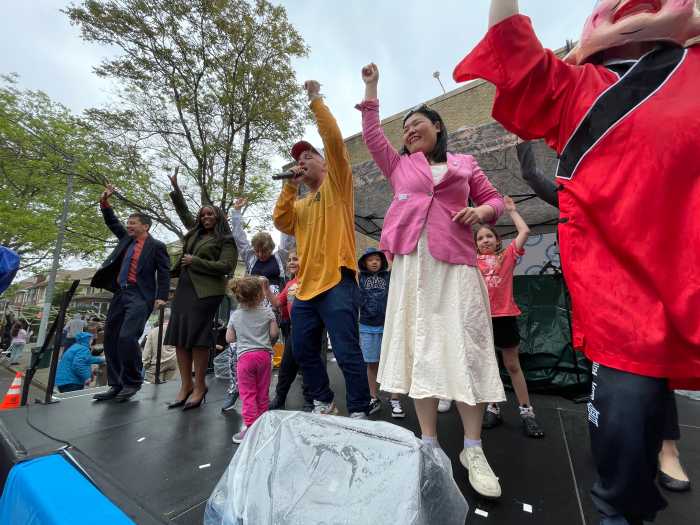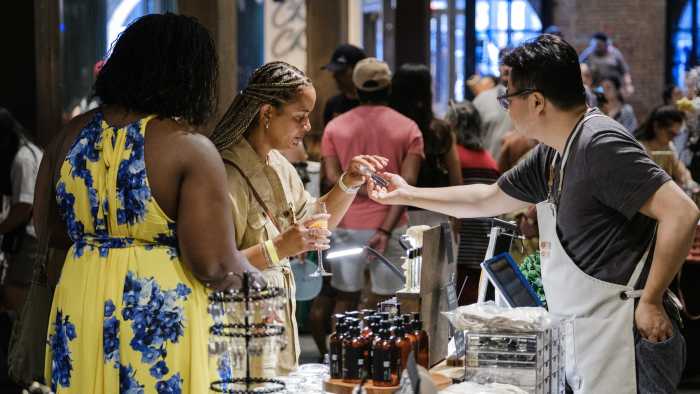A Bensonhurst furrier is betting his modern twist on an old-fashioned classic — the super-expensive fur coat — could help revive an industry’s that’s deader than the mink in your grandmother’s closet.
Scott Kersner, 53, the third-generation owner of Kersner Furs on 18th Avenue, one of the neighborhood’s last remaining full-service furriers, is catering to younger customers interested in less formal fur coats that can be worn out to the bar, and not just to Broadway shows and the opera.
“The business has changed from luxurious to more casual,” Kersner said. “You have to adapt to the times.”
Sure, Kersner still sells traditional, ankle-length minks for between $4,000 and $6,000, and the occasional super high-end item, like the his biggest sale to date, a $35,000 white and black chinchilla fur.
But he now features smaller furs for under $1,000 — a strategy aimed at attracting women with less cash and a desire to wear fur that’s a little less flashy.
“People want light-weight fur coats that don’t stand out as much,” said Kersner, who makes and repairs coats, and holds them in cold storage during the summer.
If the gamble pays off the old-school mom-and-pop — which his grandfather opened in 1927, and was passed down to him by his father 65 years later — could hit the century mark under his watch.
That would be quite an accomplishment in an industry that has seen better days.
In the 1950s, 18th Avenue boasted more than 10 fur stores on a stretch dubbed “Furrier’s Row,” according to Kersner.
Now there’s only two stores left.
Kersner said declining sales — fueled by anti-fur campaigns, warmer winters and, more recently, a weak economy — conspired to drive most of his competitors out of business.
“People don’t dress up as much,” he said. “And they have less money.”
Worse, Kersner knows that when he decides to retire, the store will be retired with him.
“I would be sad if one of my kids doesn’t come in and then I have to close the store,” he said.
The writing may be on the wall, but Kersner is still sure of one thing: there will always be a market for his wares.
“Girls will always wear fur,” he said.































